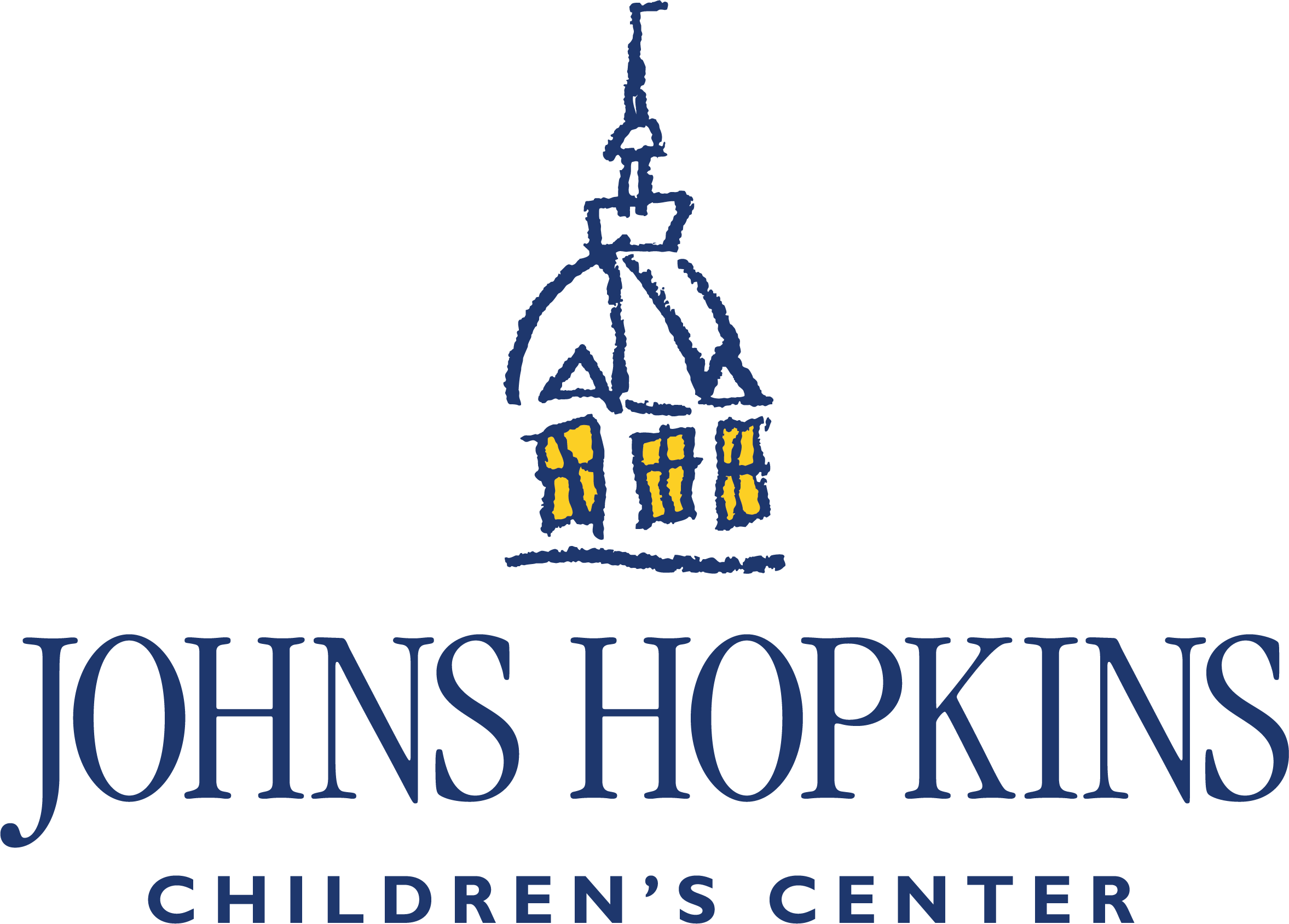Adolescent Medicine Research
Research is an integral component of the training program. A cross-cutting theme to this research is a focus on eliminating racial and ethnic disparities in the health of adolescent populations. Along with the division of General Pediatrics and Adolescent Medicine, primary research partners include the Johns Hopkins Bloomberg School of Public Health Center for Adolescent Health and the Center for the Prevention of Youth Violence, both of which are prevention research centers funded by the Centers for Disease Control and Prevention.
Training in nutrition is provided through the Center for Human Nutrition. This collaboration ensures that faculty and trainees have access to applied and basic adolescent health research opportunities and activities in key areas of adolescent health. Faculty members affiliated with the research activities represent several departments, centers and schools throughout Johns Hopkins University.
The diversity of research projects pertinent to health disparities includes:
- Analyses of national and ethnographic data to identify adolescent males’ reproductive health needs and barriers to care
- Evaluations of programs aimed at improving the academic, nutritional and health outcomes among Baltimore City middle school students
- Studies of teen-dating violence
- The development and evaluation of a mental health intervention for out-of-school youth
- Analyses of population-based data on low-income urban families to examine predictive pathways linking neighborhood risk, parenting and adolescent outcomes for diverse racial, ethnic and immigrant populations
- A partnership with the Baltimore City Health Department to develop and evaluate an intervention designed to enhance the family planning clinic's role and encourage parent involvement in adolescent contraceptive method choice and continuation
- Investigation of race, ethnic, gender and age differences in treatment outcomes and services received for youth enrolled in a mental health program serving youth and families with serious emotional disturbance
- The development of a research structure and strategies capable of evaluating the effectiveness and sustainability of promising and evidence-based interventions studies
- The use of novel methods to identify core transmitters of gonorrhea and chlamydia among urban heterosexual minorities in Baltimore
- Exploration of how changes in intimacy and perceived partner concurrency impact perceived risk for sexual behaviors and STDs among adolescent females in Baltimore
- The study of relationships between the built environment, drug markets and the transmission of sexually transmitted infections, including HIV, among urban, minority youth
- Multilevel (individual and community) risk and protective factors for STIs, HIV and unintended pregnancies among urban 15- to 24-year-olds
- The development and evaluation of interventions to promote healthy lifestyle choices (diet and physical activity) for children, including adolescents
- Nutritional issues and adolescent pregnancy
- Evaluation of the effectiveness of evidence-based, early preventive and treatment interventions for adolescents
- Examination of normal and pathogenic pathways and their variability from childhood through adolescence and into early adulthood among a representative sample of Baltimore City students
Through a variety of research seminars, trainees gain skills in several areas. These include multidisciplinary approaches to patient care, cultural competency, grant writing, leadership skills and the development of manuscripts for peer-review publication.
Funding sources for research projects include the Centers for Disease Control and Prevention, the Maternal and Child Health Bureau, the National Institutes of Health, the Baltimore City Health Department, the Baltimore Community Foundation and the Centers for AIDS Research (NIH).

